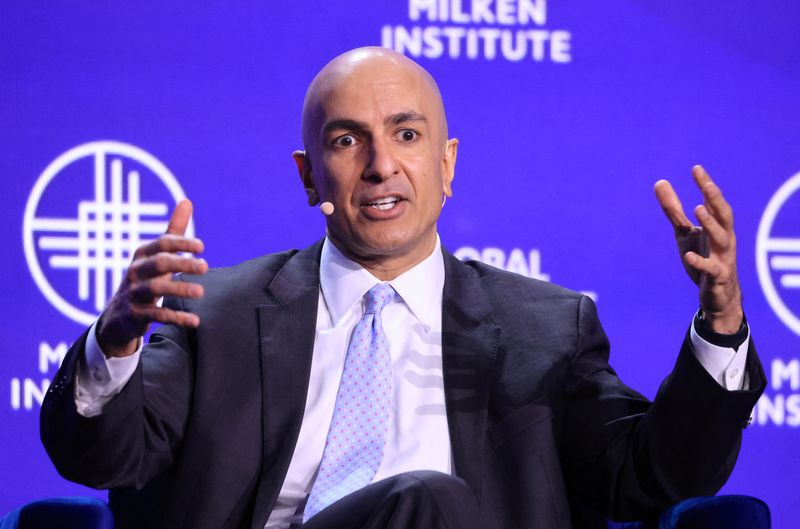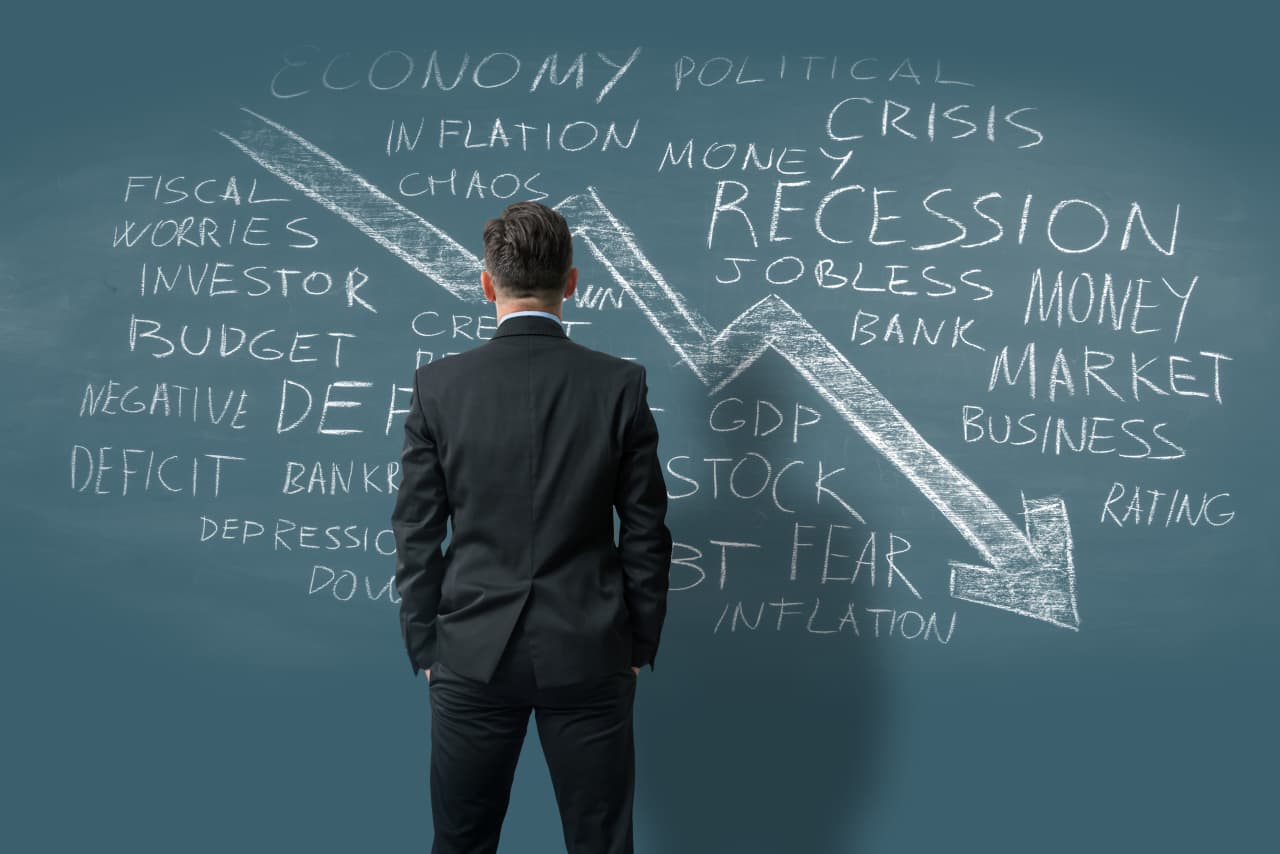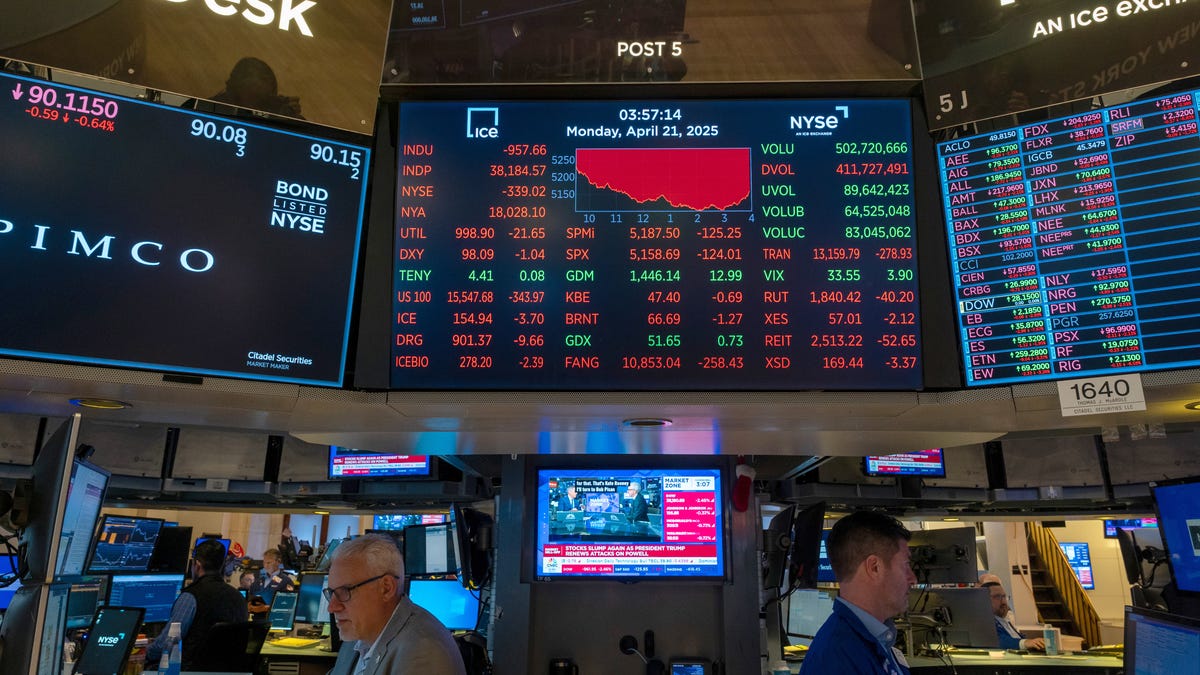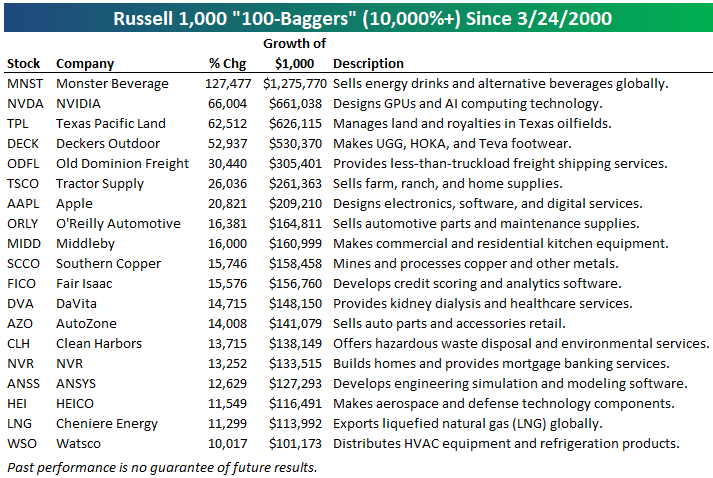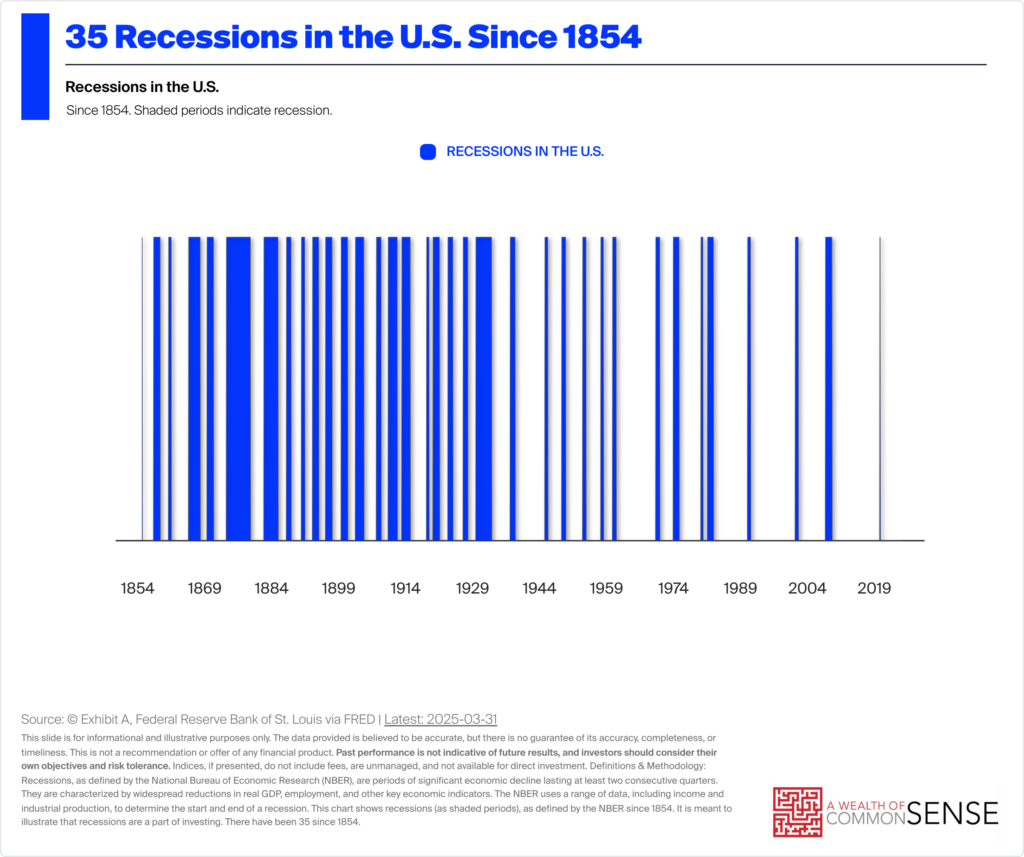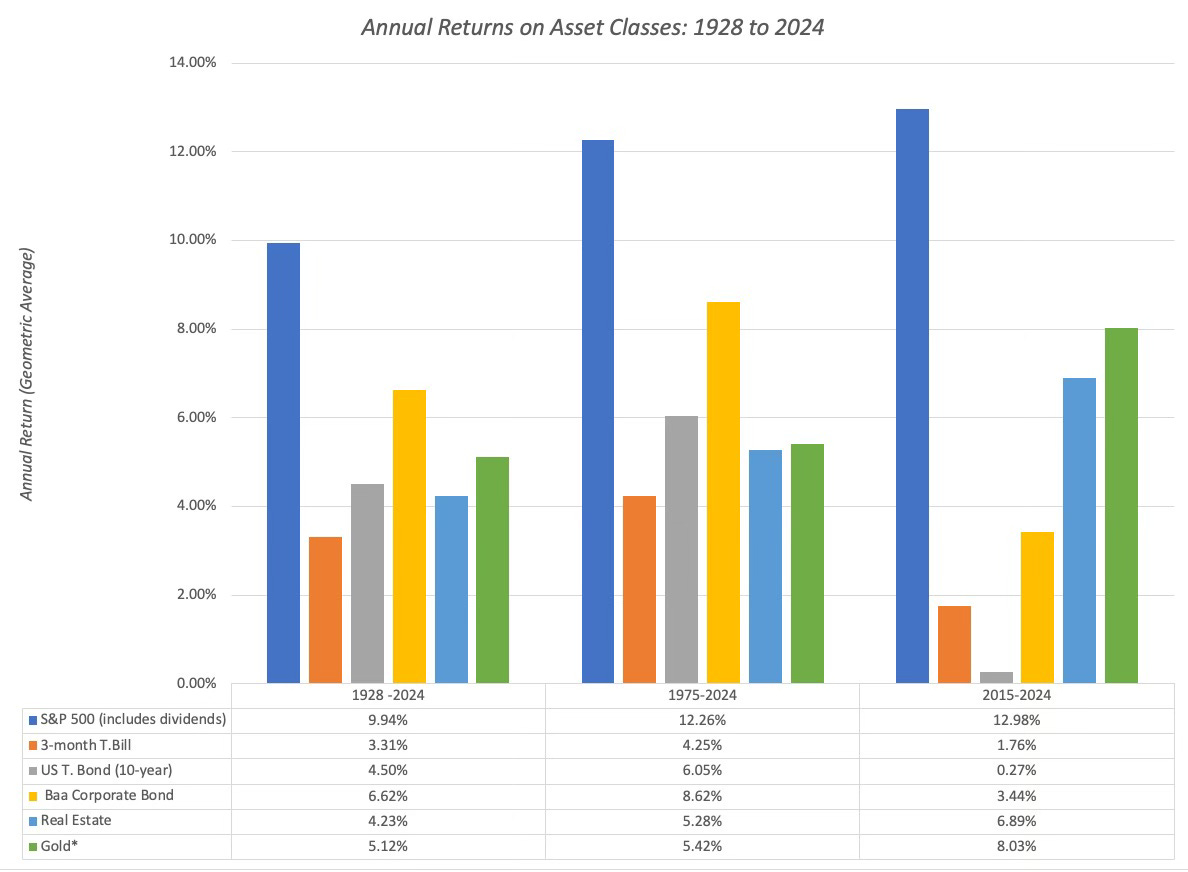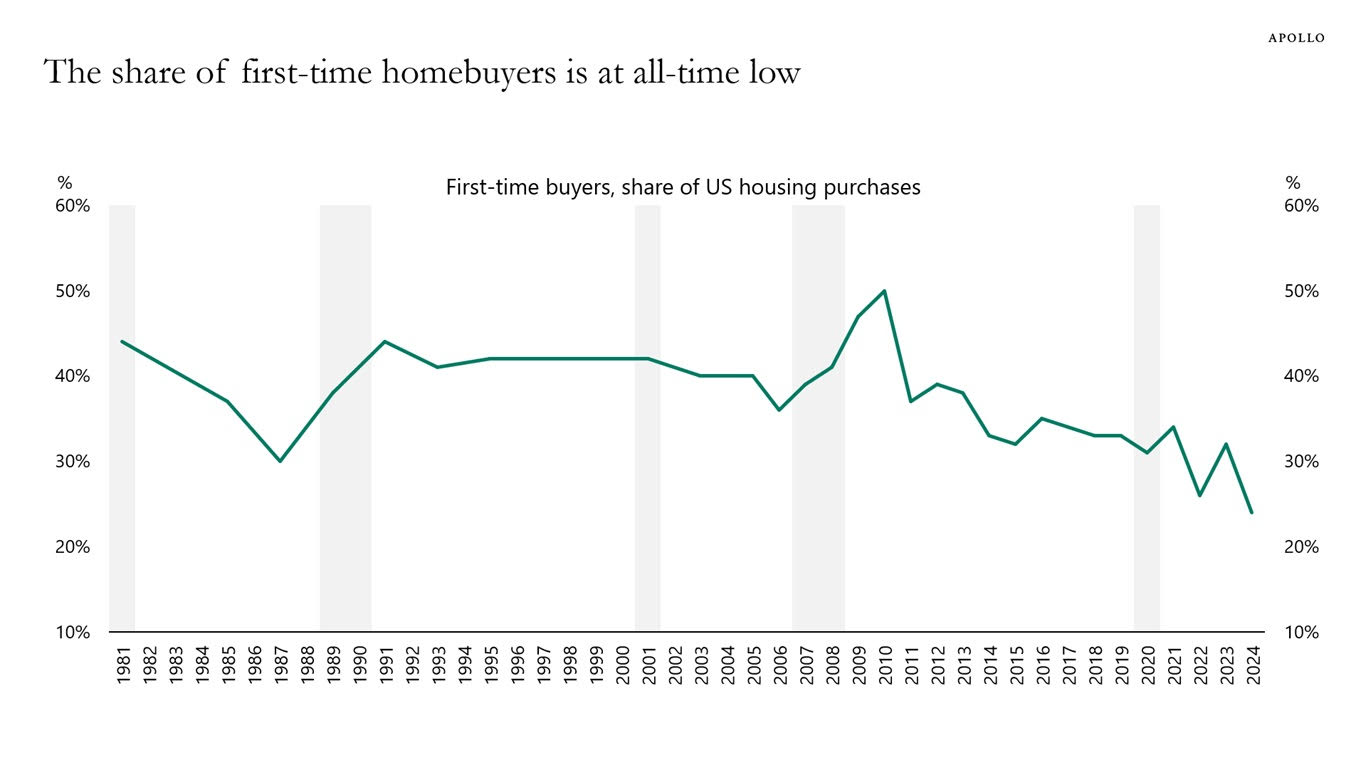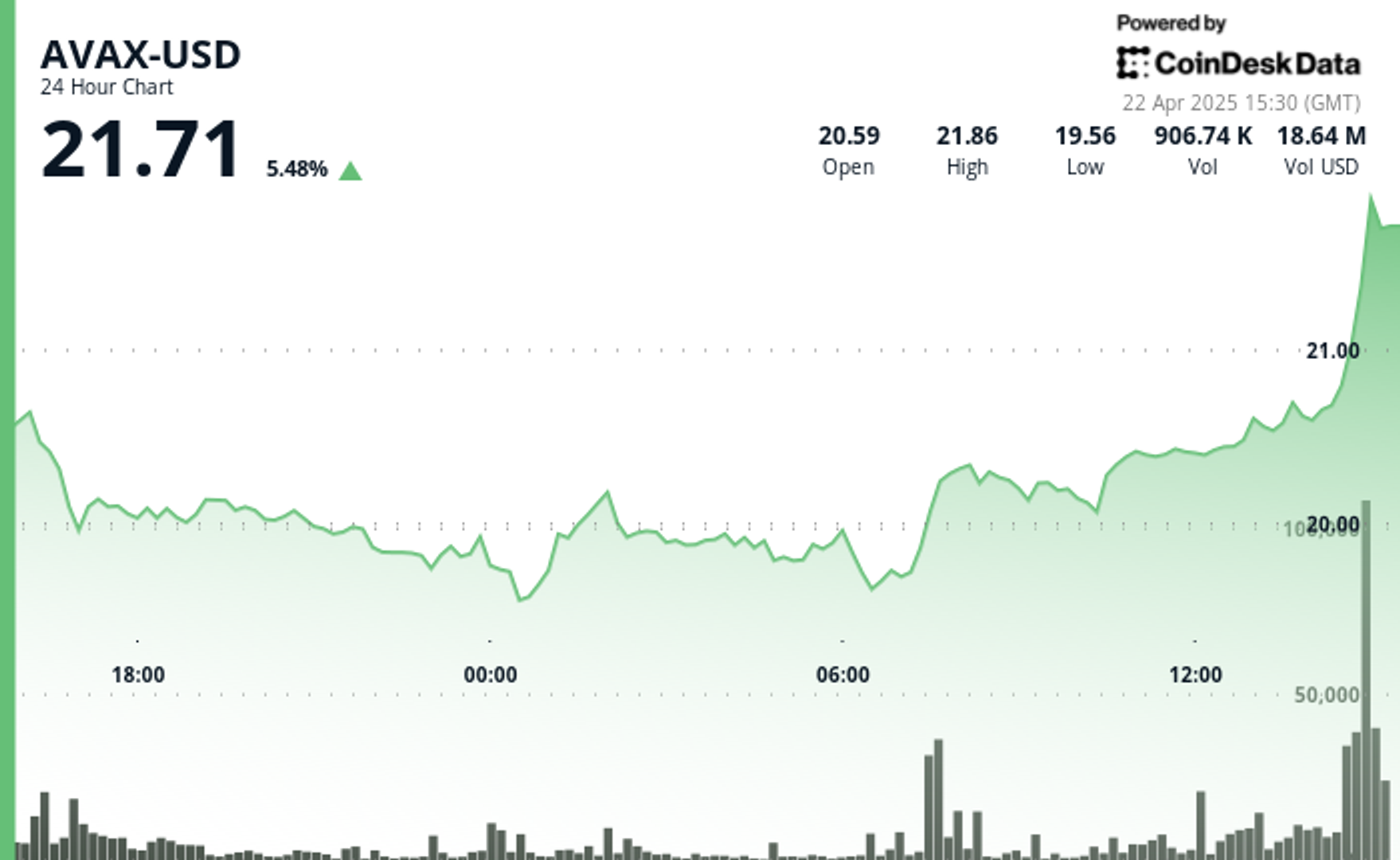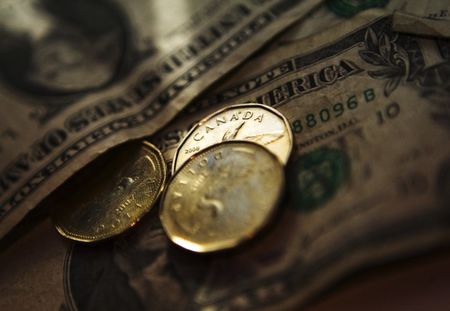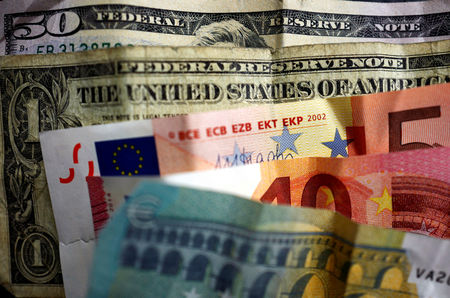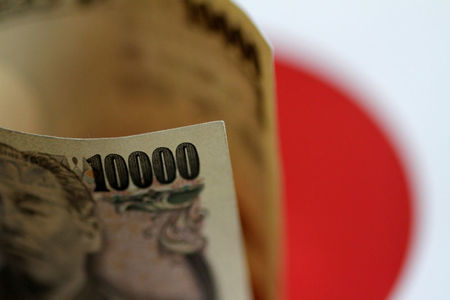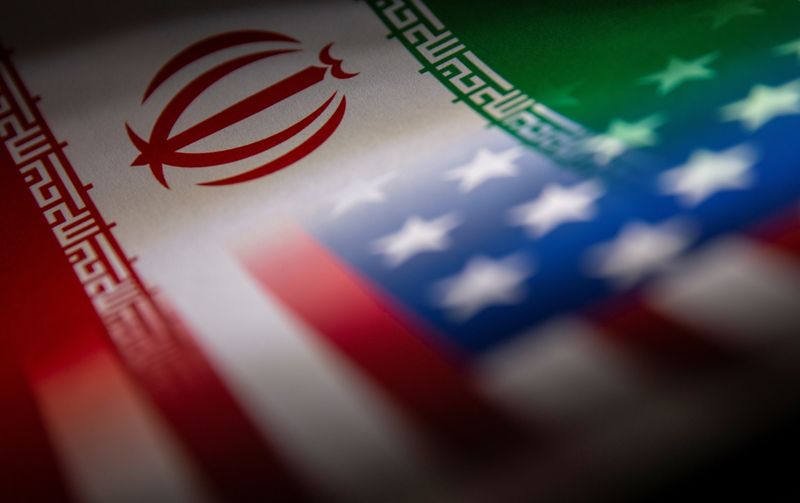Trump's Tariffs Continue to Affect Apple. Should Investors Sell the Stock?
President Trump's economic policies are causing significant volatility in the stock market. On April 3, he announced his administration would impose expansive tariffs on most countries. Then, about a week later, he decided to pause this plan for 90 days for most countries -- except China, for which he increased the previously announced tariffs. This was terrible news for some companies, like Apple (NASDAQ: AAPL), which does significant manufacturing in the country. Is it time to give up on the iPhone maker?Let's first review the impact tariffs could have on Apple's business. The company makes the lion's share of its revenue from selling hardware. In the first quarter of its fiscal year 2025, ending on Dec. 28, the tech giant reported total revenue of $124.3 billion, up 4% from the year-ago period. Apple's hardware sales came in at almost $98 billion -- about 79% of its top line. This segment's revenue grew by 1.6% year over year.Since Apple does so much manufacturing of these devices abroad, including in China, tariffs would lead to an increase in the company's costs, forcing it to either absorb these expenses -- thereby squeezing its bottom line and margins -- or pass them on to consumers, perhaps slowing down sales in an already slow-growth unit. The current administration is currently exempting electronic devices from the tariffs on Chinese imports. That means Apple's business is spared, at least for now.Continue reading

President Trump's economic policies are causing significant volatility in the stock market. On April 3, he announced his administration would impose expansive tariffs on most countries. Then, about a week later, he decided to pause this plan for 90 days for most countries -- except China, for which he increased the previously announced tariffs. This was terrible news for some companies, like Apple (NASDAQ: AAPL), which does significant manufacturing in the country. Is it time to give up on the iPhone maker?
Let's first review the impact tariffs could have on Apple's business. The company makes the lion's share of its revenue from selling hardware. In the first quarter of its fiscal year 2025, ending on Dec. 28, the tech giant reported total revenue of $124.3 billion, up 4% from the year-ago period. Apple's hardware sales came in at almost $98 billion -- about 79% of its top line. This segment's revenue grew by 1.6% year over year.
Since Apple does so much manufacturing of these devices abroad, including in China, tariffs would lead to an increase in the company's costs, forcing it to either absorb these expenses -- thereby squeezing its bottom line and margins -- or pass them on to consumers, perhaps slowing down sales in an already slow-growth unit. The current administration is currently exempting electronic devices from the tariffs on Chinese imports. That means Apple's business is spared, at least for now.
